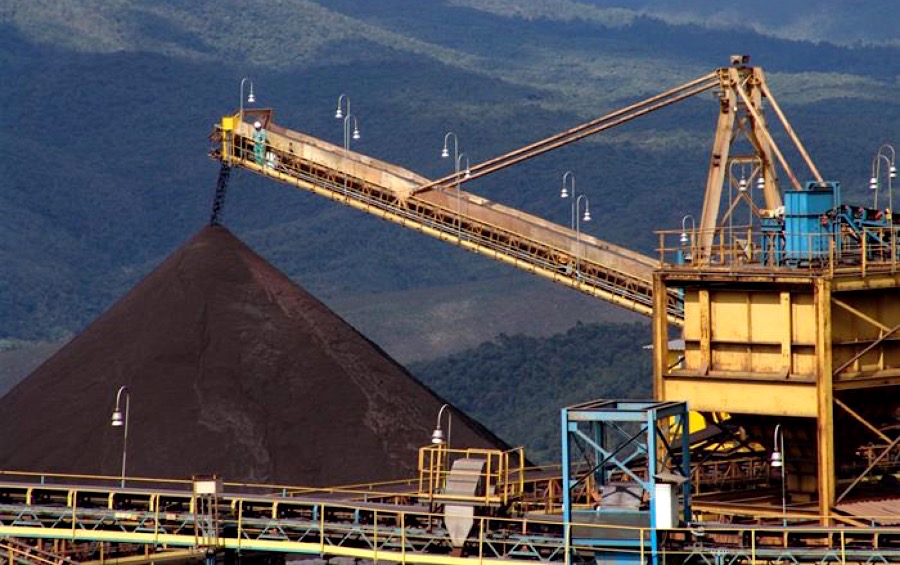Iron ore price jumps on doubts over Vale production

The company posted its iron ore fines production down 0.5% on year to around 300.4 million tonnes for 2020, below its original production guidance at 310-330 million tonnes.
The Brazilian miner expects to achieve 350 Mt capacity by the end of 2021, with production guidance of 335 million tonnes.
According to Fastmarkets MB, benchmark 62% Fe fines imported into Northern China (CFR Qingdao) were changing hands for $158.03 a tonne, up 3.5% from yesterday’s trade.
Iron ore on China’s Dalian Commodity Exchange ended daytime trading up 5.3% at 991 yuan ($153.41) a tonne, after two days of losses.
A report that China’s central bank will keep liquidity reasonably ample to support economic recovery also buoyed sentiment.
Iron ore reached its highest level since September 2011 in mid-January, but has since declined 9%.
Credit Suisse, in a note quoted by Barron’s, lifted its forecast for iron ore during the first half of the year to $170 a tonne, from a lowly $110 before and also adjusted upwards its expectations for the next three years.
Morgan Stanley this week outlined the “plausible scenario” of $165-plus over the next three years, according to a Bloomberg report.
That’s in contrast to Australia & New Zealand Banking Group, which predicted a fall back to the $100 a tonne level by the end of the year.
The 2019 deadly tailings dam collapse at Vale’s Corrego do Feijao mine led to restrictions on mining activities in Brazil – the world’s second-largest iron ore supplier – resulting in a tight global supply that added upward pressure on prices last year, driven higher mainly by China’s robust demand.
“They are also behind schedule in getting safety approvals for dams following the disaster,” ANZ senior commodity strategist Daniel Hynes told Reuters.
Vale’s iron ore fines production totaled 300.4 Mt in 2020, in line with 2019 as a result of the resumption of halted operations such as Vargem Grande and Timbopeba, but offset by constraints in tailings disposal in Itabira and Brucutu; and delays in opening new mining fronts in Serra Norte.




